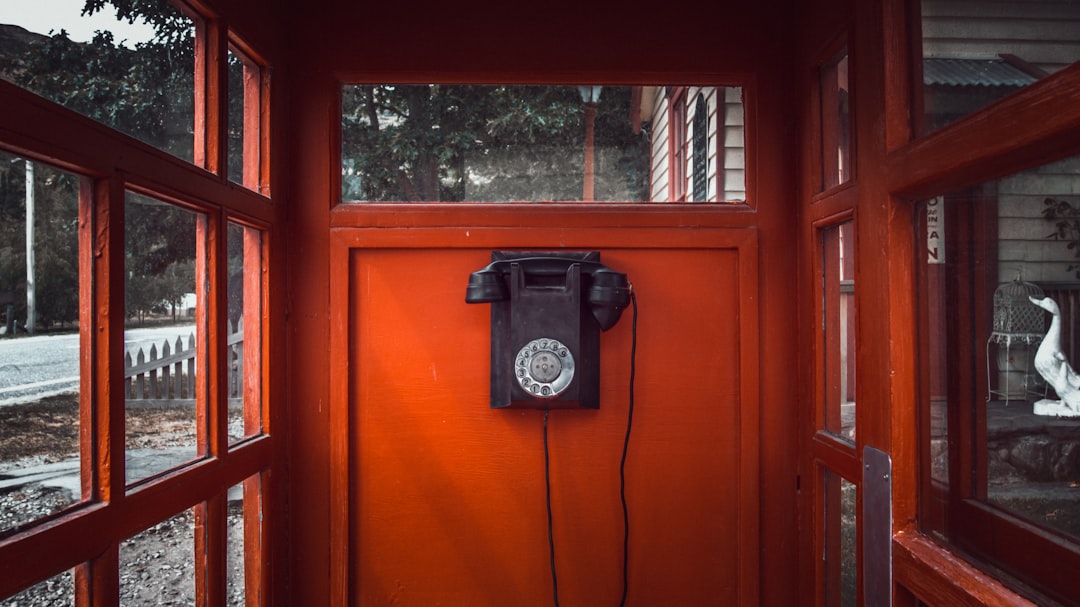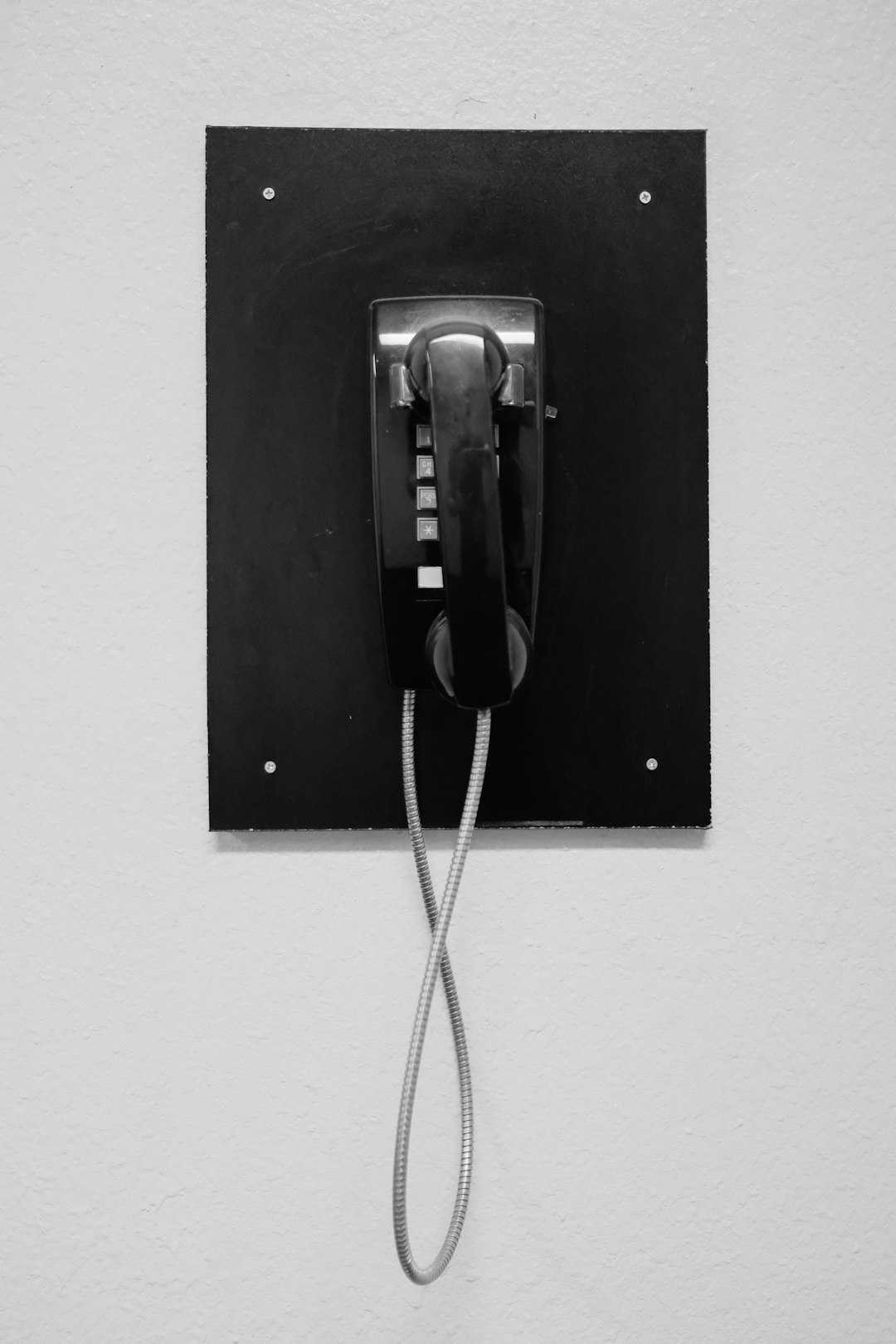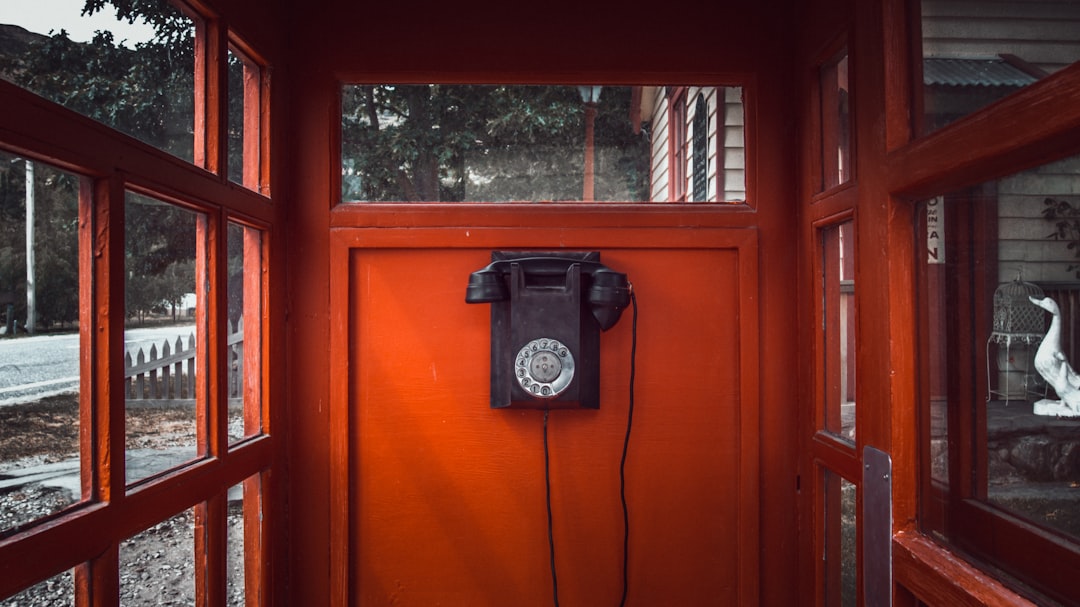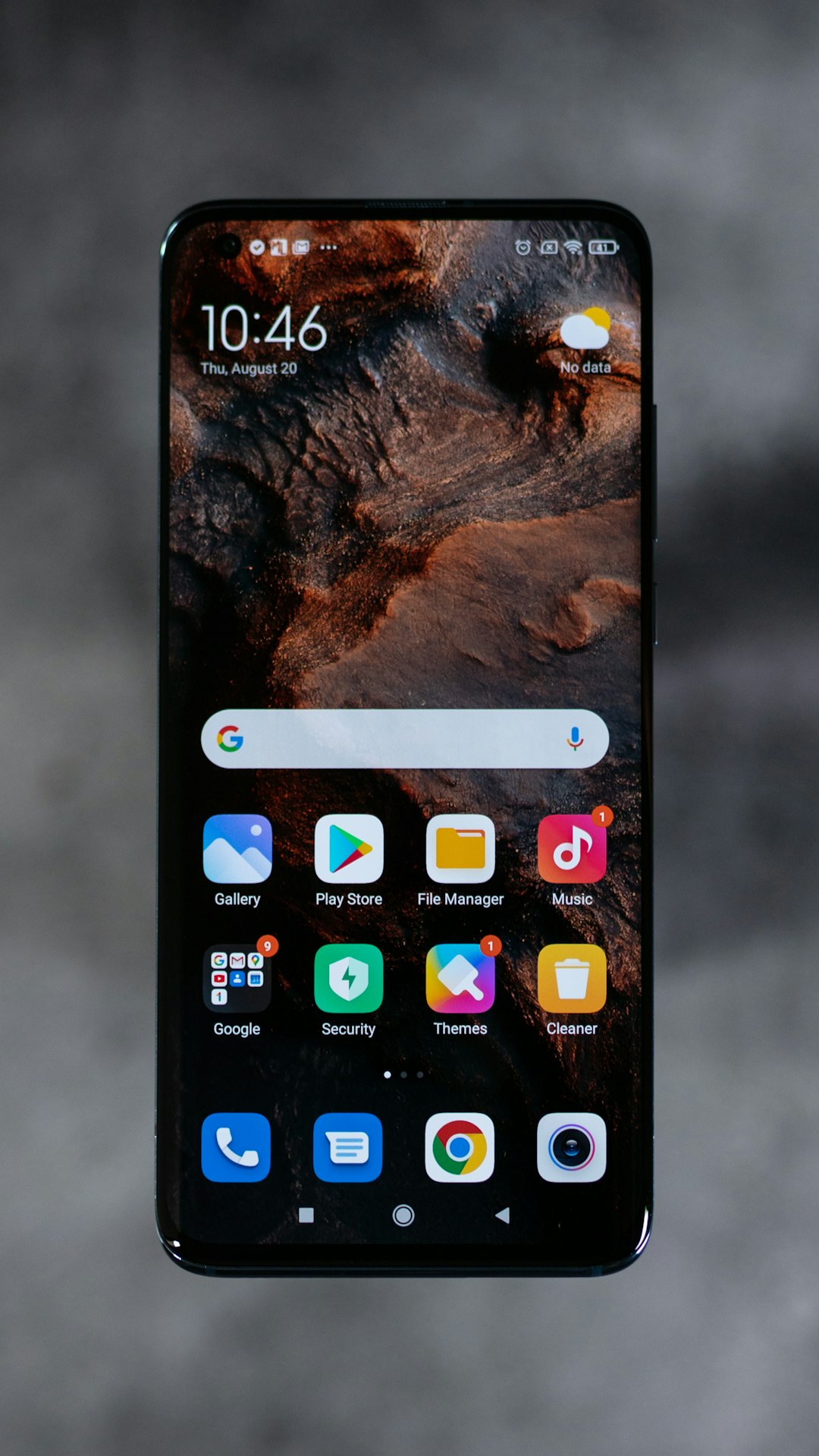In the digital age, unsolicited text messages (spam) are a common nuisance. Alabama's strict Spam Call law firm regulations target telemarketers and businesses that send bulk marketing texts without consent, protecting residents' privacy. Consumers can protect themselves by documenting spam and consulting legal services. Suing a spam call law firm involves gathering evidence, filing a complaint, and determining litigation type. Success may result in a cease-and-desist order or damages. Alabama residents are protected by strong laws against spam texts; qualified professionals can assist in pursuing compensation for persistent or abusive unsolicited text messages.
“Tired of relentless spam texts flooding your Alabama inbox? You’re not alone. This comprehensive guide navigates Alabama’s stringent anti-spam laws, equipping you with knowledge to take legal action against persistent violators. Discover how to sue a spam call law firm in Alabama, understanding the legal process and your rights along the way. Learn about potential compensation for these harassing messages and empower yourself to silence unwanted communication.”
Understanding Spam Texts and Alabama's Laws

Spam texts, or unsolicited text messages, are a common nuisance in today’s digital age. They often advertise products, services, or promotions, and can be particularly intrusive when sent in bulk. In Alabama, the Spam Call law firm plays a crucial role in protecting residents from these unwanted messages. The state has implemented specific laws to combat spam calls and texts, ensuring that citizens’ privacy is respected.
Alabama’s Spam Call law firm has established guidelines to regulate commercial text messages, primarily targeting telemarketers and businesses. These laws prohibit the sending of unsolicited text messages for marketing purposes without prior consent from the recipient. Understanding these regulations is essential for both consumers and businesses to avoid legal repercussions. Consumers can take action against spam texts by documenting the messages, blocking the sender, and consulting with a qualified law firm specializing in spam call cases.
The Legal Process for Suing Spam Call Law Firm in Alabama

In Alabama, suing a spam call law firm involves navigating a legal process that aims to protect consumers from unwanted and deceptive communication practices. The first step is to gather evidence, such as records of the spam calls received, including timestamps, phone numbers, and any relevant texts or voicemails. It’s crucial to maintain this documentation as it serves as the foundation for your case. Once prepared, you can consult with a legal professional who specializes in consumer protection laws, particularly those related to spam call law firm Alabama.
They will guide you through the process of filing a complaint with the appropriate regulatory bodies and help determine whether individual or class-action litigation is the best course of action. The lawsuit typically needs to establish that the calls were unwanted, deceptive, or violated specific consumer protection laws in Alabama. The legal expert will draft and file the necessary paperwork, and if successful, the court may order the spam call law firm to cease and desist, award damages, or both, providing relief for the harm caused by the unsolicited communications.
Your Rights and Potential Compensation

When it comes to your rights as an Alabama resident regarding spam texts, there’s significant legal protection in place. According to the Spam Call law firm Alabama, you have the authority to take action against any entity that sends unsolicited text messages en masse. These laws are designed to safeguard consumers from unwanted and invasive marketing tactics.
If you’ve been a victim of persistent or abusive spam texting, you may be entitled to compensation. Potential damages can include not only the hassle and intrusion but also any financial loss incurred as a result of these texts. A Spam Call law firm Alabama can guide you on the specific compensatory measures available, ensuring that your rights are upheld and that you receive fair remuneration for this violation of your personal space.






